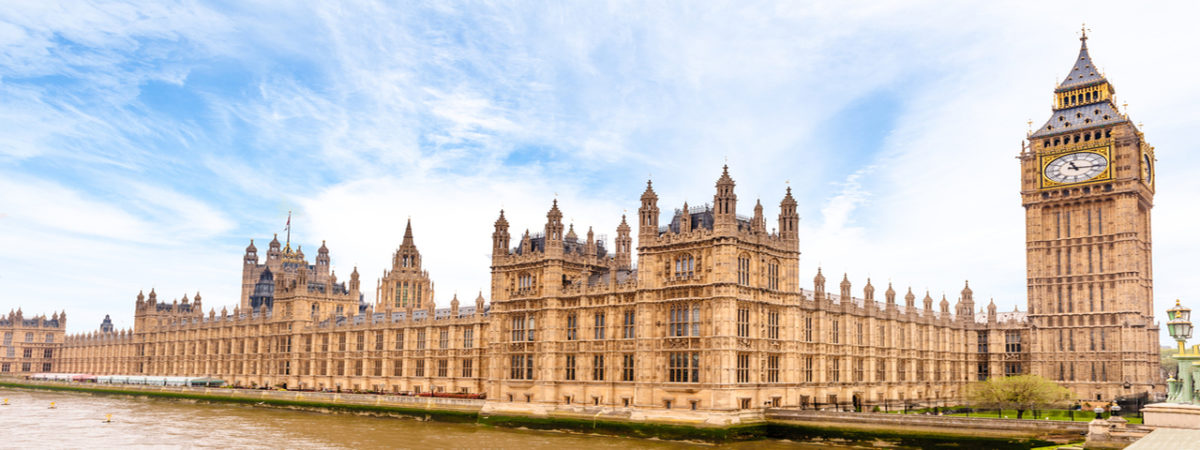War on offshore financial centres undermines competition & tramples on rights to privacy, IEA report says
SUGGESTED

IEA spokespeople comment on Spring Statement public policy

Christopher Snowdon responds to new consultation on junk food

IEA release report on offshore financial centres
Politicians and campaigners tend to favour high corporation tax rates, on the understanding that the costs are borne by companies and not people. The new report “All at Sea: The misguided war on offshore financial centres” exposes this fallacy. Companies cannot bear costs – they are passed on to employees and shareholders.
Companies that reduce their tax bills by registering in low tax regimes are often vilified. But author of the report, Dr Jamie Whyte, argues that clamping down on offshore finance centres (OFCs) shows a stark disregard of economic sense: the forty-year period prior to 2016, during which tax competition increased and corporate tax rates fell, saw the most rapid reduction in poverty in history.
Despite this, British politicians are attempting to discourage UK citizens from registering companies in OFCs with new laws. Meanwhile, the European Commission has created blacklists of ‘non-cooperative tax regimes’ and the OECD has consistently campaigned against lowering corporate tax rates.
The Institute of Economic Affairs’ new report explains how these new laws and measures introduced to bolster corporate tax rates undermine privacy rights and the rule of law.
Corporate taxation is inefficient & costly
Taxes on capital income:
• Cause a reduction in savings and investment.
• Reduce future consumption.
• Gives rise to high administration and rent-seeking costs.
The same revenue from corporate taxes could be raised by alternative taxes – such as taxes on consumption or labour income – at a lower cost for companies, consumers and even government.
Clamping down on OFCs: UK
A new UK law passed in May 2018 requires its 14 overseas territories to publish lists of the beneficial owners of all the companies registered in them.
This could prove to be an unnecessary and damaging law because:
• If the police suspect someone of using OFCs to launder money acquired through criminal activity, they can already access the necessary information within 24 hours.
• Making the list public does not expose beneficial owners to the rule of law; it exposes them to the rule of the mob.
• A person should not lose their privacy because they could commit an offence. This would be wholly inconsistent with the legal principles of the UK and other free societies.
Clamping down on OFCs: EU
The European Commission has waged a campaign against OFCs, creating blacklists of ‘non-cooperative tax regimes’.
This violates two generally agreed principles:
• That sovereign governments are free to design their own tax policies.
• That the same rules apply to everyone. The European Commission applies the criteria for blacklisting only to ‘third countries’, exempting EU countries from the same scrutiny and the possibility of being blacklisted.
Commenting on the report, author Dr Jamie Whyte, Former Research Director at the Institute of Economic Affairs said:
“British politicians waging a war against the use of off-shore financial centres — or “tax havens”, as they are often called – present themselves as crusaders for justice. In fact, they are opponents of the competition in corporate tax rates that has done the world so much good over the last 40 years. And they trample on important liberal principles, such as the right to privacy and the rule of law.”
Notes to editors:
For media enquiries please contact Nerissa Chesterfield, Head of Communications: nchesterfield@iea.org.uk 020 7799 8920 or 07791 390 268
To download the IEA’s ‘All at Sea: The misguided war on offshore financial centres’ click here.
In 2018 the IEA published the report ‘Offshore Bet: The benefits of capital mobility’ which highlights how clamping down on offshore financial centres would not raise tax revenue. Click here to download.
The mission of the Institute of Economic Affairs is to improve understanding of the fundamental institutions of a free society by analysing and expounding the role of markets in solving economic and social problems and seeks to provide analysis in order to improve the public understanding of economics.
The IEA is a registered educational charity and independent of all political parties



